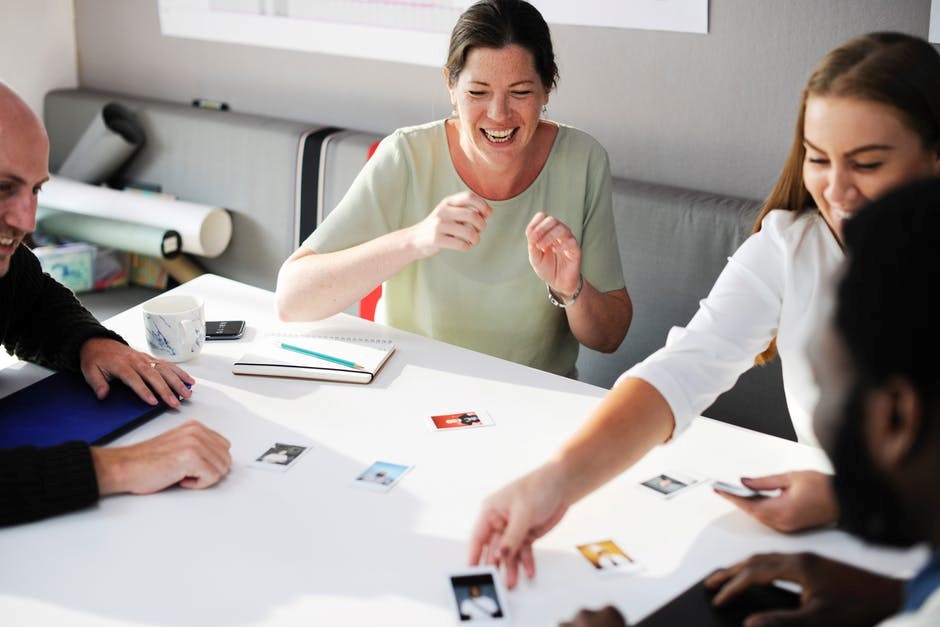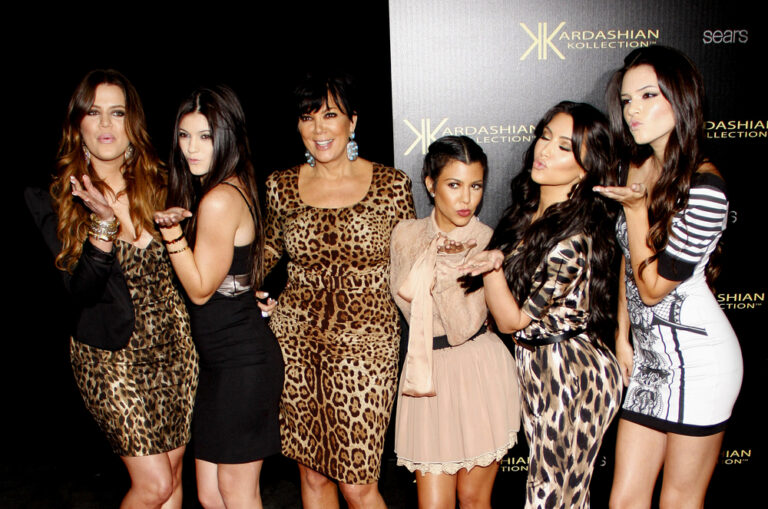fciwomenswrestling.com femcompetitor.com article, pexels.com rawp
Mercifully most of our worst conversations where we stuck our foot in our mouths, stepped on a politically correct land mine not in a war torn country (which we won’t name because you might get offended) or bored the rest of the people in the hot tub dry, are in the past.
Right?
Or are they?
We want them to be, and they will be, if we do what?
That’s right, learn from our mistakes. Good, but we want you to keep going.
Okay, here goes.
- Look within.
- Take inventory of our behavior.
- Listen to what the legion of people who absolutely hate our guts say about us, not just behind our backs but in front of our face as well and see if there are any kernels of truth in what they are saying while we affirmatively nod with a deadpanned poker face.
Good for you. So you’ve just finished your three step therapy program and we are extremely happy for you.
Still, our desire to improve our conversations persist so what can we do to evolve into better conversationalists?
Why should we care?

When you think about it, we can’t stop talking even when we are in a room filled with people who will become outraged at virtually everything that we are about to say, but we have to say something since it might be a business meeting and our ability to buy alcohol for the weekend depends upon keeping our job.
“Diplomacy is more than saying or doing the right things at the right time, it is avoiding saying or doing the wrong things at any time.”… Bo Bennett
Regarding how to become a good conversationalist we feel we should begin with what the experts say before we delve into our personal experiences because after all Rembrandt did have to learn how to draw squares, circles and triangles before he painted Bathsheba at Her Bath with her clothes off.
Given our assignment we mined the online world for some of what the experts suggested and most of these you have heard them before, but as we know, repetition is the mother of learning, before it places us soundly asleep.
Here are some.
Don’t talk about yourself, be a good listener, ask probing but not too personal questions about the other person with follow up questions like, how did you like that? Would you do it again?
Make mild pronouncements with sincerity like, wow: that’s intriguing, fascinating, get out of here or really?
In a group setting, don’t just talk to the leader. Reference and compliment the whole group.
Wait your turn. Don’t be in a rush to cut in. That’s when you will most likely make mistakes.
Be patient.
We often quote Psychology Today on myriads of subject matter so we will here as well. In a November 12, 2015 article entitled, Have Better Conversations With the “Rule of Three” they shared, “The secret to being a good conversationalist—one people enjoy talking with, and whose company they seek—is very simple. It’s talking with them, not to them or at them.”
We agree.
Truly.
So in case you wondered, even though you are not sitting here on the cliff with us right now at Nanga Parbat’s Rupal Face (that’s us in the right hand corner), please remember that we are talking with you.
Not at you.
Here are a few more general suggestions.
Be genuinely interested in the person (especially if you want to keep your job or date them), focus on the positives (even if you have to conjure one up), converse, don’t debate, compliment and flatter them (very light syrup please), be natural (except if you truly are not very nice), be a good listener (without suppressing a yawn), don’t one up them, don’t tell your life story in three minutes, don’t blame others, take responsibility for your behavior with the emphasis that you are determined to improve and above all keep eye contact.
Okay, now that we have provided you with the Art of Conversation’s minimum daily requirements, soon we shall share some of the experiences of others in our circle.
We are filtering this with a defined focus that these are conversations in public settings.

This is not about when you are alone with your intimate relatives or best friends who virtually always agree with you. Sure, anyone can free wheel it there.
This is about when you are in social, group or business settings where being a good conversationalist is in your best interest because you have to contribute something.
You also have something at stake if you fail to artfully engage.
Being silent the entire time is not optional.
If you seek powerful examples of engaging conversations designed to keep another party interested in what you have to say while not being offended, you need look no further than the world of the courtesan.
To be clear, not the world of the call girl but the courtesan.
A courtesan was a person who attends the court of a monarch or other powerful person.
Prior to the Renaissance, courtesans served to convey information to visiting dignitaries, when servants could not be trusted. In Renaissance Europe, courtiers played an extremely important role in upper-class society. As it was customary during this time for royal couples to lead separate lives, commonly marrying simply to preserve bloodlines and to secure political alliances, men and women would often seek gratification and companionship from people living at court.
The conversations involved had to be diplomatic, engaging and very well-thought out. Mistakes in conversation could have severe ramifications.
An intriguing film that exemplifies this very special setting is Dangerous Beauty.

Dangerous Beauty is a 1998 American biographical drama film directed by Marshall Herskovitz and starring Catherine McCormack, Rufus Sewell, and Oliver Platt. Based on the non-fiction book The Honest Courtesan by Margaret Rosenthal, the film is about Veronica Franco, a courtesan in sixteenth-century Venice who becomes a hero to her city, but later becomes the target of an inquisition by the Church.
Let’s venture into another realm.
Artful and very carefully constructed conversation abounds in the world of the effective therapist.
As you can imagine, especially if you’ve been to one, among other things, the therapist has the responsibility of not only keeping the conversation flowing while trying to influence the patient to open up about subject matter that may have been carefully protected for decades.
That is one scenario but imagine a heightened setting where a therapist must efficiently treat another therapist.
This is played out to perfection in the brilliant HBO series In Treatment.
In Treatment is an American HBO drama, produced and developed by Rodrigo Garcia, about a psychologist, 50-something Dr. Paul Weston, and his weekly sessions with patients, as well as those with his own therapist at the end of the week. The program, which stars Gabriel Byrne as Paul, debuted on January 28, 2008, as a five-night-a-week series.
HBO adds, “Therapist Dr. Paul Weston (Gabriel Byrne) exhibits an insightful, reserved demeanor while treating his patients, but succumbs to crippling insecurity with his own therapist in this half-hour drama series.”
Brilliant is the operative word because there are no car crashes, cops chasing dangerous criminals, explosive gun fights, savvy gumshoes tracking down serial killers, graphic sex, or super hero fight scenes to move the production along as it attempts to grow and retain its audience.
It is simple and intricately complex at the same time.
The episodes mostly involve two people having dialogue.
Imagine that.

In our opinion the epitome of artful conversation occurs in season three when Paul Weston more than meets his match in traversing the chess match like engagement with the much younger therapist Adele (Amy Ryan).
It is worth its weight in psychological gold.
Now that the foundation has been laid, welcome to our circle.
Here is what our experience has taught us in the area of artful conversation
Be conscious of the time period you are living in.
There was this comic, producer or actor in Hollywood and announcer on a major news network that you absolutely loved and you still watch their shows, especially the reruns on YouTube.
We say reruns because that is the only place where their work will ever appear again in the future because they are rapists, child molesters and previously engaged in sexual harassment.
It might be wise not to even mention their shows.
To be direct, you loved the noir classic Chinatown with Nicholson at his best but please don’t say anything about the producer.
We had a writer in our circle mention to us how he invited some co-workers over to his house to be a focus group for his manuscript he was so proud of.
Everything was going well until one of the women mentioned that the main character was a complete A-hole because he seemed to engage in sexual harassment with virtually every waitress that he worked with when he was a teenager.
As you might guess, the main character was him, and it took place in the 1970s when he saw that behavior as flirting and in his mind, the girls seemed to like the attention.
That was then and this is now.
The question he wrestled with was should he cut that entire chapter out which virtually destroys the story or emphasize in the prologue how this is a story based upon real events but some of the characters are fictitious.
Act like a guest.
The best guests don’t have strong opinions, they agree with virtually everything you say and even when they don’t they mutter something like, “Well, I definitely see your point” (even though I hate it).
A great guest studies the group she or he will be conversing with “ahead of time” and based upon that research ascertains what subjects to never discuss in any form with them.
Please take this suggestion very seriously.
We had a male friend who went to his high school reunion. He and a friendly alumni were reminiscing about the past. The alumni pal was basically bragging about the girlfriends that he dated in high school (and most likely slept with).
Now in the mood, our pal wistfully reminisced about how he kissed the alum’s relative when they were teens.
The room went silent.
You should have seen the expression on his high school mate’s face. It was as though he just said, “I heard on the news five minutes ago that 50 miles of the coast of northern England just fell into the ocean with no survivors.”
His mouth dropped wide open and shocked and he asked, “You dated Alice?”
Translation?
You slept with my cousin?
Our friend now on red alert, caught himself and started back pedaling faster than Michael Jackson.
He muttered, “No, no, no, we were teens and just kissed, that’s all.”
He quickly changed the subject.
Here is a hint.
No matter how well you know a male, never, ever talk about your romance with his female relative. Even if it was decades ago. Never talk about your sister’s boyfriends in front of her current husband.
Never, never, never.
So what can you talk about in a group setting?
Talk about what you have in common.

This is done to perfection on shows where actors, comics and writers sit at a table and talk about the common issues they face in their work.
The discussions are honest, stimulating but focused. They don’t just wing it. Even there they can step on some razor sharp bear traps.
What do they artfully converse about?
Here are a few of the conversation bread crumbs.
What are some of the challenges they are facing in a culture of continual “outrage”? How do they find the balance between growing an audience and not offending their sponsors? Can they still make you feel uncomfortable which is designed to make you think and examine your values and behavior? What types of jokes, once very funny in another decade, are completely out of line today? Can you even reference shows of actors that were once national heroes but now have been publicly disgraced?
Again, with the last one, we’re not talking about referencing the actor, we’re talking about the show.
Even just talking about the show in a group setting can get you scolded.
So in your situation, with the group you are going to be chatting with, talking about the common goals, challenges and purposes that you have in common is a fairly safe and effective pathway. Complimenting them on their “innovative” ideas probably would help too.
If you don’t have a dog in the fight, don’t go to the pound to get one. Even if you don’t agree with their very opinionated position, sometimes temporary silence is truly golden.
Nod in the affirmative and then change the subject.
Expressing that you really liked how they accomplished this, that or the other thing is a major plus.
Very important.
Though the office or company party is at someone’s house on the weekend and drinks are being served, the operative words are company and office.
Not party.
The management may say that you work hard so you can play hard at the weekend gathering, but don’t believe it.
Don’t drink a lot and always remember despite being dressed in your sexiest casual wear, you are still at work.
In our circle we know of a very true story where a supervisor had an office party at her luxurious home. Her husband was a doctor.

Once the other female supervisors saw how beautiful her home was, some of them got extremely jealous.
The party giver was fired a month later.
Again, very true story.
Should all of this make you paranoid? No. It simply means that the art of conversation has evolved. That’s all.
Though we may live in a very challenging Social media time, please remember…..
We still have to engage in the art of conversation without getting the grenade that we just threw into the room not thrown back at us.
~ ~ ~
OPENING PHOTO fciwomenswrestling.com femcompetitor.com article, pexels.com rawp
https://www.psychologytoday.com/us/blog/brainsnacks/201511/have-better-conversations-the-rule-three
https://www.brainyquote.com/topics/diplomacy
https://en.wikipedia.org/wiki/Courtesan
https://en.wikipedia.org/wiki/Dangerous_Beauty



